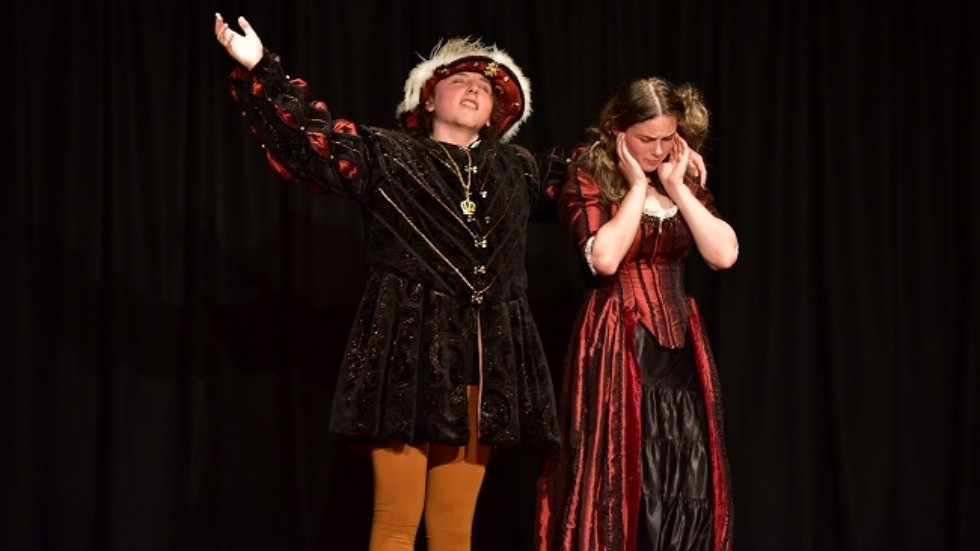
The works by the renowned playwright “didn’t demonstrate the relevance to the contemporary art context,” the art council ruled

Students participating in the Sheilah Winn Shakespeare festival. © Shakespeare Globe Centre New Zealand
New Zealand’s arts council has pulled funding for a long-running Shakespeare festival, saying the works of the iconic British playwright were out of date and focused on “a canon of imperialism.”
The annual Sheilah Winn Shakespeare festival has been around for some three decades, with over 120,000 high-school students from more than half of the island nation’s secondary schools taking part in it over those years. The platform allows the youths to direct, perform and create sets, costumes and music for their performances, featuring excerpts from the bard’s plays.
But this year, the country’s arts funding body Creative New Zealand has decided that the popular festival won’t be getting the $30,000 it used to receive from it annually over the past decade, The Guardian reported on Friday.
In the funding assessment document seen by the paper, the advisory panel claimed that the event “did not demonstrate the relevance to the contemporary art context of Aotearoa [current Maori-language name for New Zealand] in this time and place and landscape.”
The body described the Shakespeare festival as “quite paternalistic,” arguing that it was “located within a canon of imperialism and missed the opportunity to create a living curriculum and show relevance.”

The funding was pulled even though the panel acknowledged that the event was popular with young New Zealnders and had a positive impact on those who took part.
The Shakespeare Globe Center New Zealand, which has been organizing the festival all this time, said they were shocked with the “totally wrong” decision by the arts council.
“Creative New Zealand say it is irrelevant to modern day New Zealand – the opposite is true. We’re dealing with what people are thinking, the human psyche, competition, jealousy, misogyny and so many things that are totally relevant,” the center’s chief executive Dawn Sanders argued.
Many students from Maori, Pasifika and other ethnic minorities have been among the participants at the festival, rethinking Shakespeare’s works in new and culturally meaningful ways, she pointed out.
Sanders said the festival would still be held in 2023 without the money from the government as it only accounted for 10% of its overall budget.




